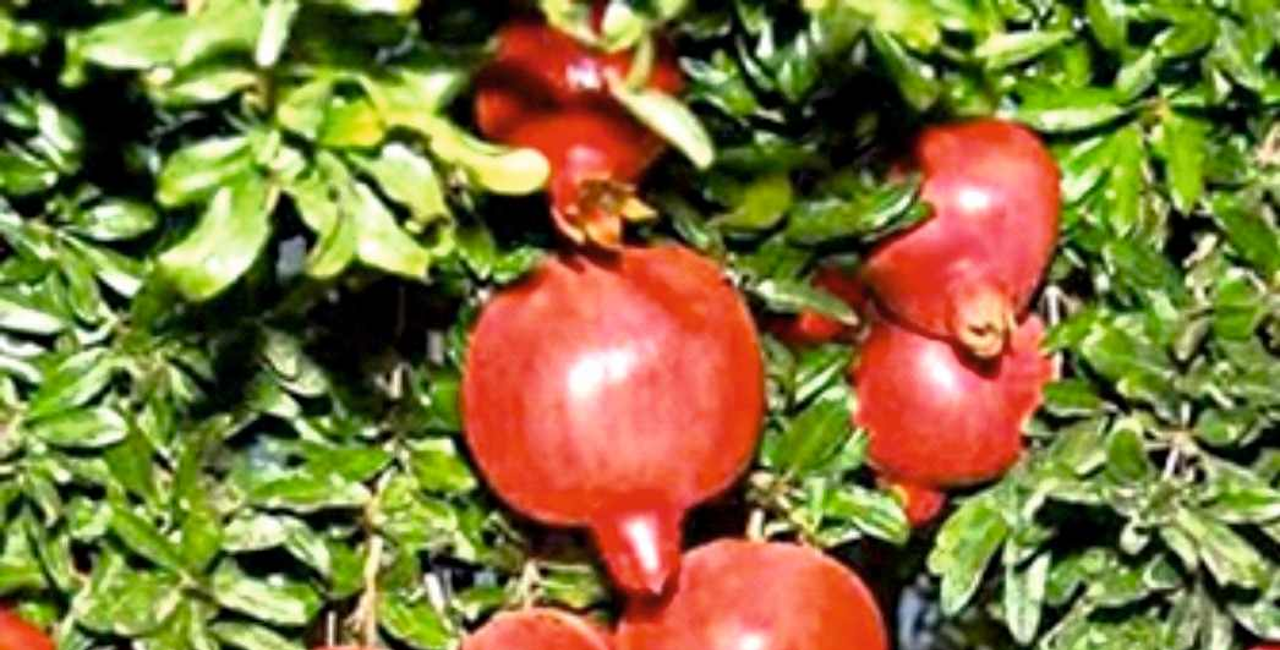Currently Empty: ₹0.00

Uttarakhand, known for its pristine landscapes, towering mountains, and rich cultural heritage, also boasts a vibrant and diverse cuisine. The state’s culinary offerings reflect its natural resources, climate, and unique traditions. Among the many fruits that hold a special place in the hearts of the people of Uttarakhand, Dadim (pomegranate) stands out as both a delicious and symbolic part of the local food culture.
The Significance of Dadim in Uttarakhand
Dadim, or pomegranate, is a fruit that thrives in the temperate climate of Uttarakhand’s hills. Known for its refreshing taste and numerous health benefits, this fruit is cherished in the region not just for its flavor but also for its versatility in various dishes. The pomegranate’s rich, jewel-like seeds have been a favorite ingredient in many Kumaoni and Garhwali kitchens for generations.
The fruit is often associated with health, prosperity, and good fortune. In Uttarakhand, Dadim holds a place of reverence, both in the kitchen and in cultural traditions. It is commonly consumed during festive occasions, traditional celebrations, and religious ceremonies, symbolizing fertility and abundance. The pomegranate’s significance extends beyond just food; it represents a deep connection to the land and the natural resources that sustain the people of this region.
Dadim in Uttarakhand Cuisine
While Uttarakhand’s food is heavily influenced by the local grains like millet, rice, and wheat, the inclusion of fruits such as Dadim adds a refreshing contrast to the often hearty and spiced dishes. There are several ways in which Dadim is incorporated into the local cuisine, creating a delightful blend of flavors.
1. Dadim Ka Raita
Raita is a popular accompaniment in many Indian cuisines, and in Uttarakhand, Dadim is often added to yogurt to create a tangy and flavorful side dish. The sweetness of the pomegranate seeds blends beautifully with the creamy, tangy yogurt, making it an ideal side dish for spicy meals like Bhatt ki Churkani or Aloo Gutook. The raita also incorporates a variety of spices like cumin and coriander, adding depth to its flavor profile.
2. Pomegranate Chutney
Pomegranate chutney is another popular dish in Uttarakhand, prepared by mixing pomegranate seeds with spices like ginger, garlic, red chilies, and jaggery. This chutney serves as a perfect accompaniment to rice, roti, or any traditional Uttarakhandi meal. The combination of sweetness, spice, and tang from the pomegranate creates a balanced flavor that enhances the overall dining experience.
3. Pomegranate in Pulao
Pomegranate seeds are also used in pulao or rice dishes, adding color, texture, and a burst of sweetness to the traditionally spiced rice. This dish is often prepared during festive occasions or special family gatherings. The juicy pomegranate seeds provide a refreshing contrast to the earthy flavors of the rice, making it a favorite among locals.
4. Pomegranate-based Desserts
Uttarakhand also uses pomegranates in its traditional desserts, particularly in the preparation of “Sev ki Kheer” (a type of sweetened rice pudding). Adding pomegranate seeds as a garnish gives the dish a beautiful appearance and a delightful burst of flavor. This sweet touch of fruit is a perfect ending to a festive meal.
5. Dadim in Salads
The use of pomegranate in fresh salads is also a popular choice. The combination of crunchy greens with the tangy-sweet burst of pomegranate seeds adds a refreshing element to the dish. Cucumber, tomatoes, and onions, along with a simple dressing, complement the Dadim, creating a light yet satisfying dish that is often served in summer months.
Health Benefits of Dadim
Beyond its culinary uses, Dadim is a powerhouse of nutrients and health benefits. It is rich in antioxidants, vitamins (such as Vitamin C), and dietary fiber, which makes it an essential fruit for promoting heart health, improving digestion, and boosting immunity. The antioxidants found in pomegranate seeds are known to reduce inflammation, prevent oxidative damage, and promote healthy skin.
In a region like Uttarakhand, where traditional food is not only about taste but also about promoting wellness, incorporating fruits like Dadim into daily meals is highly beneficial. Its cooling properties are particularly useful in balancing the body’s temperature during the hotter months of the year.
Conclusion
Dadim, or pomegranate, is more than just a fruit in Uttarakhand. It is an integral part of the state’s culinary traditions and cultural fabric. Whether consumed in a refreshing raita, as a tangy chutney, or in its natural form, pomegranate enhances the flavors of Uttarakhand’s dishes while offering numerous health benefits. The love for Dadim transcends its role as a mere ingredient, symbolizing prosperity, vitality, and the connection between the land and its people. In every bite of Dadim-infused dish, one can taste the essence of Uttarakhand—where nature’s bounty and tradition blend harmoniously.


